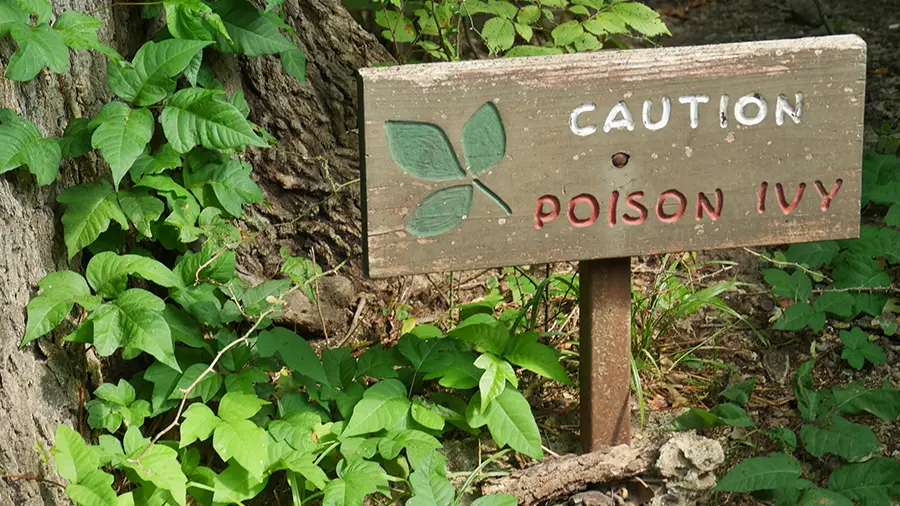Understanding the potential for vaccines and immunotherapy to prevent allergic reactions caused by poison ivy in the United States.
What Causes Poison Ivy Allergies?
Poison ivy, poison oak, and poison sumac plants produce an oily resin called urushiol. When urushiol comes in contact with skin, it triggers an allergic reaction in approximately 50-85% of people exposed. Symptoms include redness, itching, swelling, and blistering, often leading to significant discomfort.
Current Treatment Approaches
Treatment generally focuses on relieving symptoms after exposure. Topical corticosteroids, antihistamines, and cool compresses are commonly used. Preventive measures include avoiding contact and using barrier creams like bentoquatam (marketed as IvyBlock), which physically blocks urushiol from reaching the skin.
The Concept of a Poison Ivy Vaccine
The idea of a vaccine is to desensitize the immune system to urushiol, preventing allergic reactions before they start. PDC-APB, developed by Hapten Sciences, is one such investigational vaccine currently in clinical trials in the U.S. It aims to train the immune system to tolerate urushiol through controlled exposure.
Early results are promising, showing reduced severity of reactions in vaccinated individuals. However, the vaccine is still under FDA review and is not yet commercially available.
Challenges in Developing a Vaccine
- Complex Immune Response: Urushiol causes a delayed hypersensitivity reaction, making vaccine design challenging.
- Safety Concerns: Ensuring the vaccine does not trigger severe allergic reactions itself is critical.
- Population Variability: Different individuals respond differently to urushiol exposure and vaccination.
Alternative Desensitization Methods
Some individuals attempt oral desensitization by ingesting small amounts of poison ivy extracts, but this is risky and not medically recommended. Research into immunotherapy techniques continues but remains experimental.
What Can You Do Now?
Until a vaccine becomes available, prevention is key. Use protective clothing, wash skin promptly after exposure, and apply barrier creams like bentoquatam before activities in areas where poison ivy grows. Consult healthcare providers for symptom management if exposed.
Conclusion
While a poison ivy vaccine is not yet commercially available, ongoing research like the PDC-APB vaccine shows promise. Advances in desensitization therapies may soon provide effective prevention options for those susceptible to urushiol allergies.
